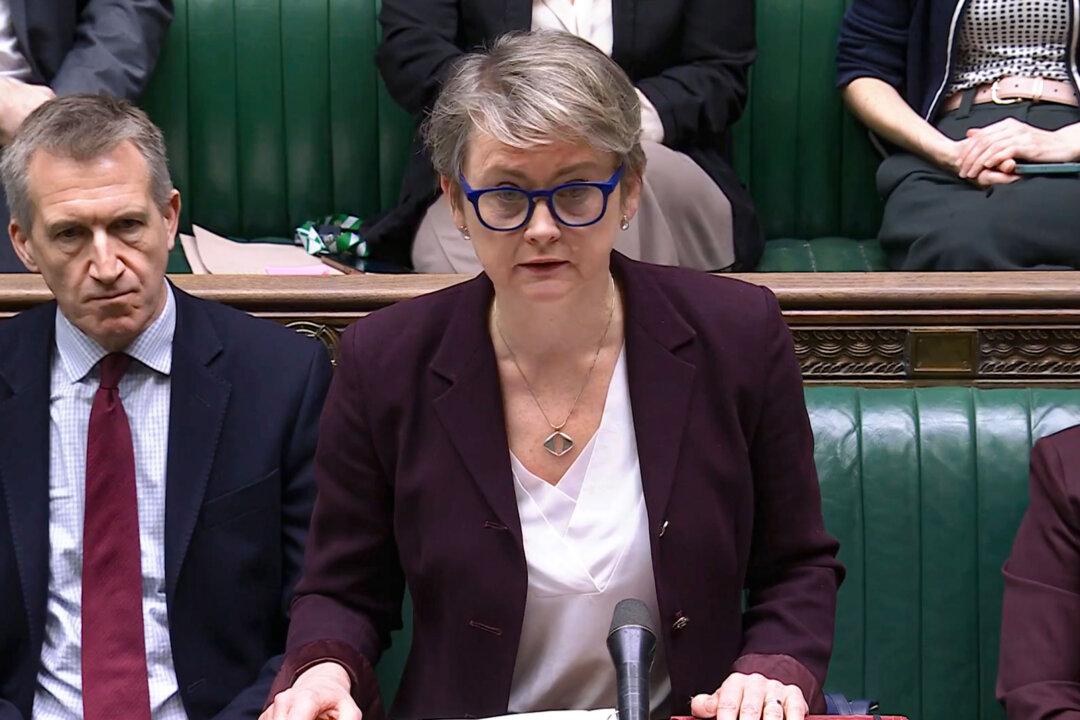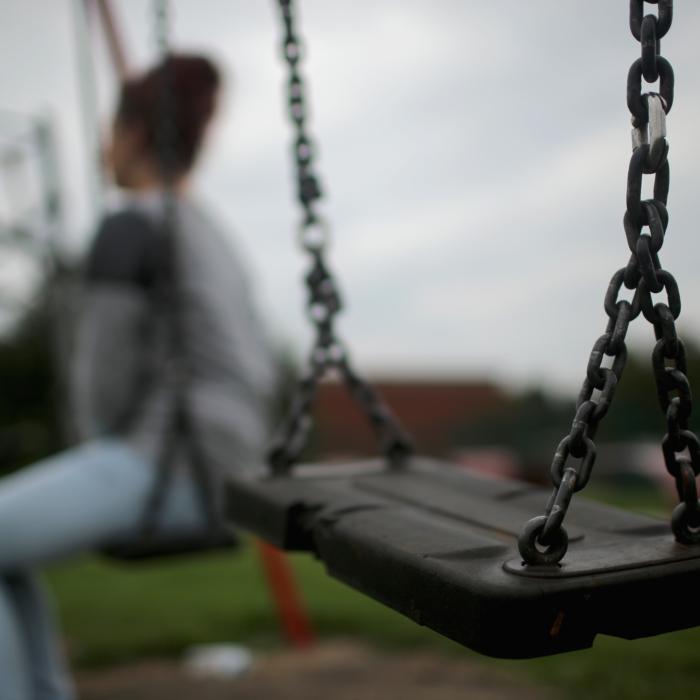A survivor of childhood sexual abuse has warned the government against a “cherry-picked” approach over which recommendations the Independent Inquiry into Child Sexual Abuse (IICSA) will implement, urging ministers to deliver on all 20 proposals.
Activist Keith Hinchliffe, 55, who has waived his lifelong right to anonymity as a survivor of childhood sexual abuse, told The Epoch Times he fears some IICSA recommendations may be watered down or left unimplemented.
Under reforms announced by the Ministry of Justice on Wednesday, the three-year limit for survivors of child sexual abuse to bring personal injury claims to court will be removed, allowing them to seek justice at any time.
The government also pledged to change the Law of the Apologies to make it easier for victims to gain an apology from institutions, such as schools, care facilities, or hospitals, for abuse carried out by their employees.
Hinchliffe described the reforms as “fantastic news” for survivors but stressed all 20 recommendations were designed to work together as a full package.
‘Watershed Moment’
Research shows that, on average, victims and survivors take 26 years to disclose sexual abuse.Removing the three-year time limit means survivors can now pursue civil claims in court at any time, unless the defendant proves a fair trial isn’t possible, for example because of missing evidence.
Justice minister Sarah Sackman said the change will allow survivors to seek justice “when they feel ready to do so.”
The National Association for People Abused in Childhood (NAPAC) called it a “watershed moment,” saying survivors will no longer be barred from seeking redress just because of the time taken in coming forward.
Hinchliffe said the change is great for survivors, suggesting that the time limit is often used as a loophole by solicitors and councils to block claims.
He added that coming to terms with abuse takes years, often decades, with many survivors only feeling able to speak out 15 to 30 years later.
In his case, the abuse took place in the 1980s and was perpetrated by a family friend both at home and while Hinchliffe was in care at Grafton Close children’s home in Hanworth, London.
Hinchliffe reported his abuser to the police in 2019, which resulted in his conviction in 2023.

Apologies Law
The IICSA has found that many institutions avoid apologising to victims of child sexual abuse because they fear it may be interpreted by insurers as an admission of fault.It also supports the idea that making it easier for institutions to apologise would encourage openness and help survivors of abuse in their healing process.
Ministers pledged to clarify in law that apologies could and should be offered by employers for the actions of current or former employees.
However, the reform will not apply to past cases and will not affect certain legal cases, such as public inquiries or defamation cases.
Compensation
Hinchliffe welcomed the “apologies reform” but said little is being done to improve compensation rules for survivors.He called for urgent reform of the Criminal Injuries Compensation Authority (CICA), which provides payments to victims of violent crime.
Currently, survivors who were under 18 at the time of the abuse have two years to apply. If they reported the crime before turning 18, they must apply by their 20th birthday. If they reported it after 18, they have two years from the report date.
Hinchliffe called the two-year bar a “barrier to justice” and said it forces victims to apply before their case reaches court. This means CICA decisions are based on incomplete police evidence, which can lead to lower or rejected payments, he added.
‘Little Progress’
Labour has committed to implementing all 20 IICSA recommendations but admitted that “shamefully little progress has been made.”The inquiry has urged the government to create a unified database of paedophiles in England and Wales, run public awareness campaigns, and keep child abuse records for 75 years.
The IICSA wants children’s home staff to be properly registered and monitored, with a system to remove those who harm children.
It also proposed a national redress scheme to compensate survivors of institutional abuse.
So far, ministers have pledged to make reporting child sexual abuse mandatory, with criminal penalties for professionals who fail to report or cover it up. This will be part of the Crime and Policing Bill, set to go before Parliament this spring.
The government has also promised tougher sentences for child sexual offences by making grooming an aggravating factor and improving data collection on child abuse and exploitation.
Home Secretary Yvette Cooper said the government will set a clear timeline before Easter for acting on the 20 recommendations. She confirmed that work has already begun on four, including stricter background checks.
The reform would let employers and volunteers working with children check if someone is banned by the Disclosure and Barring Service, even for supervised roles.
Hinchliffe said government action was long overdue and called for all recommendations to be implemented within a year.
“Everybody has waited far too long as it is. It could have been dealt with much sooner,” he said.







